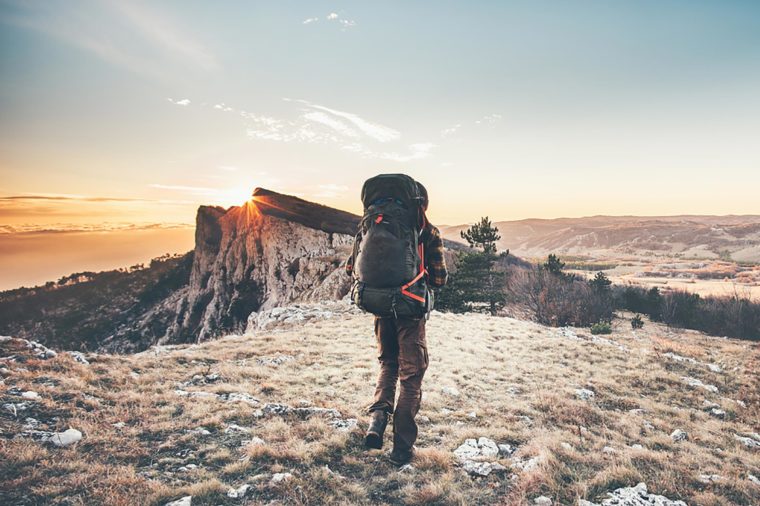No one plans to get lost, but it happens. A few years ago, a man survived 3 weeks in the Mendocina National Forrest after he slipped and fell into a canyon. How did he survive? By eating lizards. We’re not saying that you need to practice your reptile capture skills, but the point is – this man did what he had to, to survive. Most people would.
Whenever you enter the wilderness there are precautions you should take to make sure you’re prepared for anything. A man hiking in Montana took a devastating fall and survived by climbing 40 feet out of an icy cold glacial crevasse and then walked three miles off-trail for help — all with a broken back. I bet he’s glad he had his ice axe.
Next time you venture out for a hike, pack the car to go camping, or curiously want to check out some monumental glaciers – think about your situation and have a plan. These tips will get you started.
1) Plan for Your Situation
Every situation is different and should be treated as such. If you’re hiking in an area with unpredictable weather patterns, plan for warm and cool clothing. If you’re going hiking during the summer, pack plenty of water and wear light colored clothing. If you’re trekking into the wild by yourself, let a friend or family member know where you’re going, and when you plan on returning.
2) Know Where You Are
Study a map of the area or bring one with you. Being able to identify landmarks or waterways could save you in the event you get lost. Always carry a compass so you can triangulate your position.
3) Don’t Panic
The natural reaction is to panic when we are unsure of our surroundings. Panicking can waste crucial energy and affect your state of mind. Use the acronym STOP to regain your composure and get in the right mental state.
S = Sit Down
T = Think About The Situation
O = Observe Your Surroundings
P = Prepare for Survival by Gathering Materials
4) Call For Help
If you’re out hunting, firing your weapon can direct attention towards you and hopefully lead to your rescue. Unfortunately, most people aren’t carrying when they’re out hiking or camping. A great alternative is a whistle, which studies have shown to be the least cost and most effective way of getting attention.
5) Be Prepared
Having a whistle is just one of many survival tools that can help you in a dire situation. A water filtration straw can help you drink safely from a river or stream, and a fire striker can easily assist you in getting a heat source going. But If you ask any survival enthusiast, they would probably tell you their knife is the most important. And for good reason. A survival knife can be used for:
- Cutting/Slicing
- Digging
- Splitting
- Self-Defense
- First Aid Tool
- Food Prep
- Shelter Building
- Fire Making
- Hunting Weapon
- Prying Tool
- Signaling
- Hammering
- Make-Shift Screwdriver
